“When I came upon the Baha’is in Asheville, that was like coming upon normality,” says Jack Guillebeaux, a Black Baha’i living in Montgomery, Alabama. He was struck by how loving, kind, honest, open, and friendly the Baha’is were during segregation. “The hatred, the confusion, the suspicion, and all that — that was abnormal. So, coming upon the Baha’is in its diverse setting was like home.”
In this short clip from “The Race Unity Project,” Jack discusses his involvement in civil rights work and explains how violent it was in the wider society at the time in North Carolina. The video effort is produced by Journalism for Change, Inc, a nonprofit media organization founded by filmmaker and human rights activist Maziar Bahari. The project tells “the century-long story of the American Baha’i community and its efforts — as well as its tests and challenges — in promoting race unity.”
In 1938, Baha’is were instructed by Shoghi Effendi, the Guardian of the Baha’i Faith, to have “an interracial fellowship completely purged from the curse of racial prejudice which stigmatizes the vast majority of its people.”
“The Baha’is were explicitly dedicated to learning themselves individually, and they were dedicated to living in the world and living in the community in such a way that represented what they felt was the plan of God — what they felt God’s definition of humankind was,” says Jack.
Watch as Jack shares how refreshing it was to meet a community that he believed lived out the acceptance of humanity’s oneness in every aspect of their lives.
Radiance Talley serves as the director of operations at BahaiTeachings.org, where she integrates her expertise in SEO, journalism, design, and publishing into every aspect of her work. She has edited and written hundreds of articles for BahaiTeachings.org and has also written and optimized articles for...
READ MORE

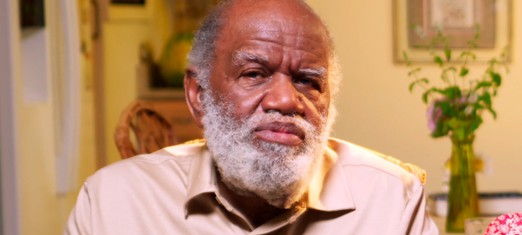

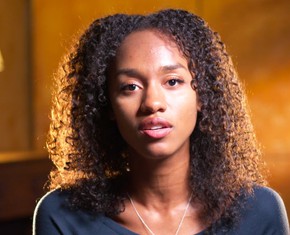
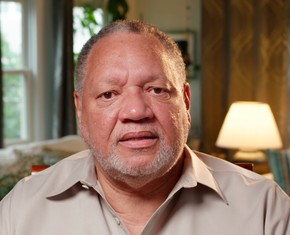
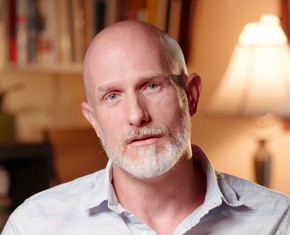
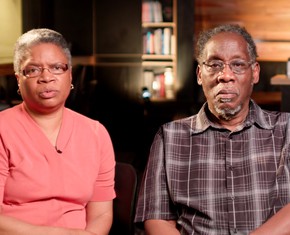









Comments
Sign in or create an account
Continue with Googleor